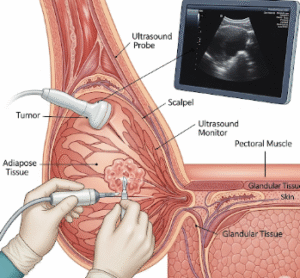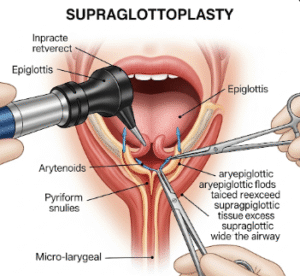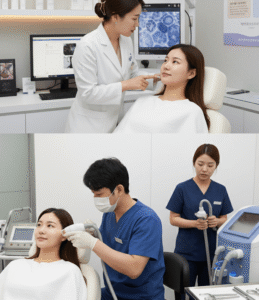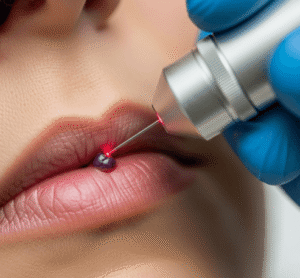Overview
Cushing’s Disease is a rare endocrine disorder caused by excess production of cortisol, usually due to a pituitary adenoma that secretes adrenocorticotropic hormone (ACTH). Elevated cortisol levels affect metabolism, immune function, and cardiovascular health. If untreated, it can lead to severe complications, including diabetes, hypertension, and osteoporosis. South Korea offers advanced endocrine care, imaging, and surgical treatment for patients with Cushing’s Disease.
What is Cushing’s Disease?
Cushing’s Disease is a specific form of Cushing’s syndrome, where overproduction of ACTH by the pituitary gland stimulates the adrenal glands to produce excessive cortisol. It differs from other causes of Cushing’s syndrome, such as adrenal tumors or exogenous steroid use.
Symptoms
- Weight gain, especially around the abdomen and face (“moon face”)
- Fat accumulation on the upper back (“buffalo hump”)
- Thin, fragile skin with easy bruising
- Purple or pink stretch marks (striae) on the abdomen, thighs, or arms
- Muscle weakness, especially in the limbs
- High blood pressure
- Mood changes, anxiety, or depression
- Fatigue and cognitive difficulties
- In women, irregular menstrual cycles or excess hair growth
Causes
- Pituitary adenoma secreting ACTH (most common)
- Ectopic ACTH production by non-pituitary tumors (rare)
- Adrenal gland tumors producing excess cortisol (adrenal Cushing’s)
- Prolonged use of corticosteroid medications
Risk Factors
- Age 25–40 years (more common in adults)
- Female gender (slightly higher incidence)
- Family history of endocrine disorders (rare genetic forms)
- Long-term corticosteroid therapy
Complications
- Type 2 diabetes or impaired glucose tolerance
- Hypertension and cardiovascular disease
- Osteoporosis and increased fracture risk
- Susceptibility to infections due to immune suppression
- Psychological effects including depression, anxiety, and cognitive impairment
- Fat embolism or thromboembolic events in severe cases
Prevention
- Avoid unnecessary long-term use of corticosteroids
- Regular monitoring for patients on steroid therapy
- Early evaluation of weight gain, hypertension, or abnormal fat distribution
- Genetic counseling for rare hereditary forms
Treatment Options in Korea
South Korea provides comprehensive endocrine care for Cushing’s Disease, including diagnosis, surgery, medical therapy, and follow-up:
- Diagnosis
- Blood and urine tests to measure cortisol and ACTH levels
- Dexamethasone suppression tests to confirm diagnosis
- MRI of the pituitary gland to locate adenomas
- Inferior petrosal sinus sampling in complex cases
- Surgical Treatment
- Transsphenoidal surgery to remove pituitary adenomas (primary treatment)
- High success rates in specialized centers such as Severance Hospital and Samsung Medical Center
- Medications
- Ketoconazole, metyrapone, or mitotane to control cortisol production if surgery is not possible
- Pasireotide for select pituitary tumors
- Supportive therapy for comorbid conditions (diabetes, hypertension)
- Radiation Therapy
- Used in recurrent or residual pituitary tumors
- Stereotactic radiosurgery available in advanced Korean hospitals
- Follow-Up Care
- Regular endocrine evaluation for cortisol levels
- Monitoring for metabolic, cardiovascular, and bone health
- Psychological support for mood and cognitive changes













